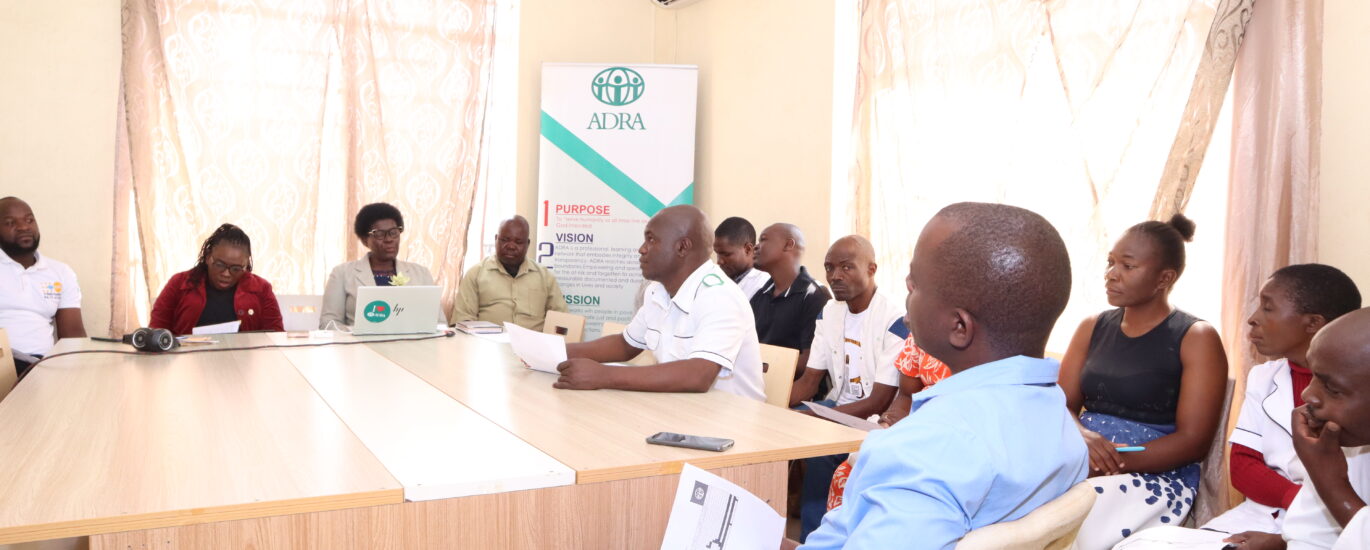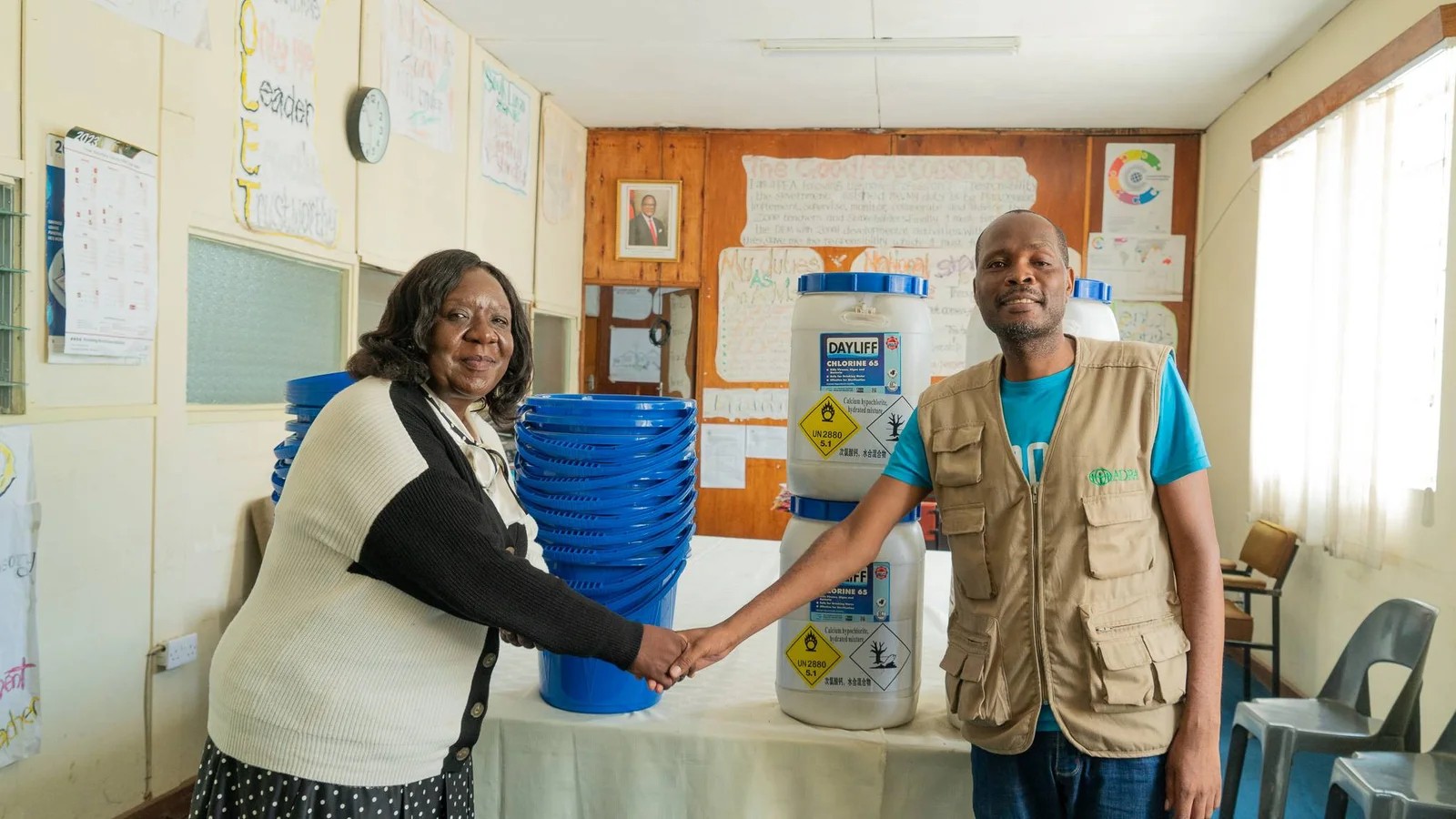In a significant step toward improving the lives of people living with Type 1 Diabetes (T1D) in Malawi, ADRA Malawi, in partnership with Panorama Global’s T1D Community Fund, has launched a new diabetes care initiative at Kabudula Community Hospital in Lilongwe District.
The initiative, introduced on June 4, 2025, is designed to raise awareness, build the capacity of health workers, and strengthen care for patients especially children living with T1D. The project was officially presented to the hospital staff through a stakeholder engagement session aimed at aligning everyone on the objectives, the implementation plan, and the roles each team member would play to ensure its success.
Chimwemwe Chilipo, the project focal person for ADRA Malawi, explained that the visit was not just about delivering supplies, but about laying a strong foundation. He emphasized the importance of transparency and collaboration, pointing out that the facility team would be involved in tracking project resources and activities. He said health workers are key to the success of the initiative.
The two year project focuses on community awareness and education, early detection and testing, improved treatment and management of T1D, and training of healthcare providers. Kabudula was selected as the project site because it currently has about Highest number of T1D clients in the region. The goal is to support the hospital with medical supplies, training, and awareness campaigns that will not only improve patient outcomes but also help identify new cases early, preventing serious complications.
Senior Nursing Officer Joseph Kasiringa painted a clear picture of the challenges faced at the hospital. He shared that diabetes has become one of the most pressing health concerns in the area, with a growing number of children affected. Many of these patients only learn they have diabetes after arriving at the hospital with unrelated symptoms. He stressed the need for awareness and early detection at the community level.
“This project will help us detect more cases early before complications arise,” Kasiringa noted. “With ADRA’s support, we can educate the public and expand our outreach.” He also shared how the hospital’s existing diabetes clinics have already had to double in frequency, from one clinic per month to two, just to keep up with demand. The coming of ADRA Malawi, he said, will boost these efforts with essential medical supplies, training for healthcare providers, and enhanced community engagement.
As part of the rollout, ADRA Malawi is supplying life saving tools to help patients manage their health from home. These include insulin, insulin syringes, glucometers, glucostics, and sphygmomanometers with both adult and child cuffs. Before receiving these items, each patient will undergo training on NCD management and how to safely use the equipment, empowering them with both knowledge and tools to take control of their health.
This initiative represents more than just a medical intervention it’s about building a sustainable support system that bridges the gap between the community and healthcare services. With improved resources and strategic outreach, ADRA Malawi and Kabudula Community Hospital are laying the foundation for a healthier future for T1D patients in Malawi.





